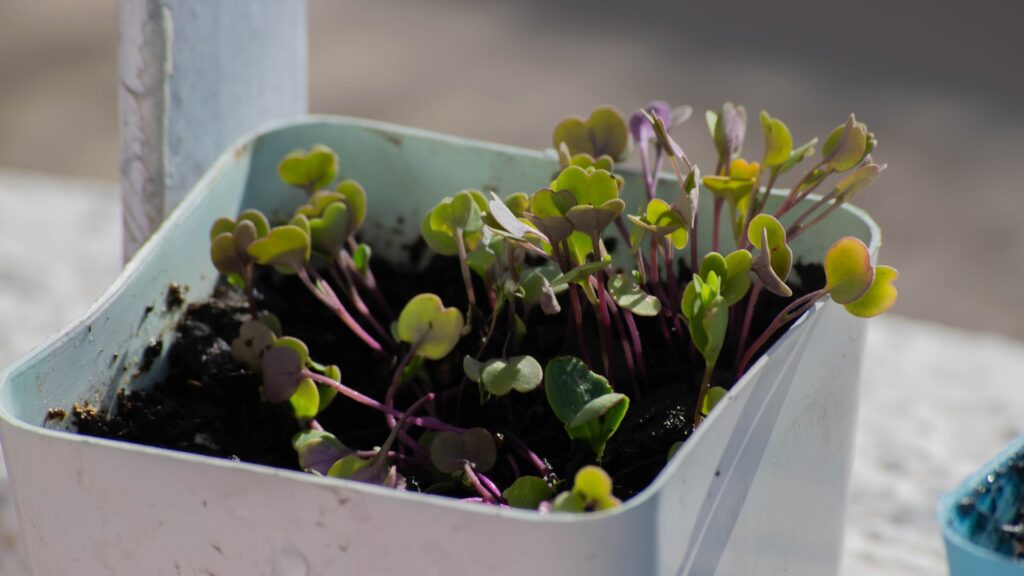Introduction:
Are you looking to embrace a more sustainable lifestyle and grow your own food? Organic gardening is a fantastic way to take control of what you eat and minimize your impact on the environment. In this blog post, we will share the top 10 tips for growing a successful organic garden that will help you achieve bountiful harvests while staying true to nature.
1. Start with Good Soil:
Healthy soil is the foundation of a thriving organic garden. Prioritize enriching your soil with organic matter, such as compost and aged manure, to improve its structure, drainage, and nutrient content.
2. Plan Your Garden Layout:
Take some time to plan your garden layout, considering factors like sunlight exposure, spacing requirements, and crop rotation. Proper planning ensures optimal plant growth and helps prevent diseases and pest build-up.
3. Choose Heirloom and Non-GMO Seeds:
Select heirloom and non-GMO seeds for your organic garden to preserve biodiversity and avoid genetically modified organisms. These seeds offer unique flavors, adaptability, and resilience to pests and diseases.
4. Optimize Watering Techniques:
Conserving water is crucial for sustainable gardening. Use mulch to retain moisture in the soil, employ a drip irrigation system, and water in the early morning or late afternoon to reduce evaporation.
5. Implement Natural Pest Control Methods:
Avoid harmful chemical pesticides and instead embrace natural pest control methods. Encourage beneficial insects like ladybugs and lacewings, use companion planting, and make natural insect repellents from ingredients like garlic and neem oil.
6. Practice Companion Planting:
Companion planting is the art of strategically placing plants together to maximize growth and repel pests. For example, planting marigolds near tomatoes can help deter nematodes and aphids.
7. Mulch, Mulch, Mulch:
Mulching not only conserves moisture but also suppresses weeds, regulates soil temperature, and adds organic matter to your garden beds. Use materials like straw, leaves, or wood chips.
8. Regularly Inspect and Maintain Your Garden:
Regularly inspect your garden for signs of disease or pest issues. Remove any affected plants promptly and dispose of them properly to prevent the spread of diseases in your organic garden.
9. Rotate Crops Annually:
Rotating crops helps prevent the build-up of pests and diseases in the soil. Plan to rotate your vegetable beds annually to optimize plant health and productivity.
10. Embrace Natural Fertilizers and Compost:
Avoid synthetic fertilizers and commercial soil amendments by utilizing natural fertilizers and compost. Compost adds essential nutrients to the soil, improves soil structure, and helps retain moisture.
Conclusion:
By following these top 10 tips, you can grow a successful and flourishing organic garden. Remember, sustainable gardening practices require patience and consistency, but the rewards are well worth it. Embrace the beauty of nature and the joy of harvesting your own chemical-free, nutritious produce with an organic garden of your own.

